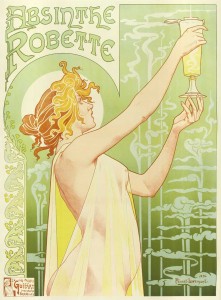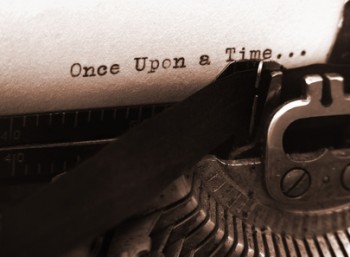This post originally appeared at Spellbound Scribes.

No pictures???
As I once more begin the arduous process of drafting a new manuscript, I’ve been giving a lot of thought to the mechanics and architecture of story-telling. Of course there’s no right way to tell a story, but there are certain elements that must be in place for a story to be effective. And–if we’re starting at the beginning–the first thing we have to think about is, well, the beginning.
It’s no secret in the publishing industry that the beginning of a manuscript is of the utmost importance. To agents, to editors, and to potential readers alike. The first 250 words…the first page…the first chapter. The opening of a book is what introduces your work to your reader, and, if all goes well, draws them in and makes them keep reading. But what exactly is supposed to be going on in this crucial stage, and how do we as writers make that happen? While there’s no perfect way to do it, here are some of the things I think are absolutely necessary to nailing the perfect first page. read more…
 Inspired by the super cool
Inspired by the super cool 









